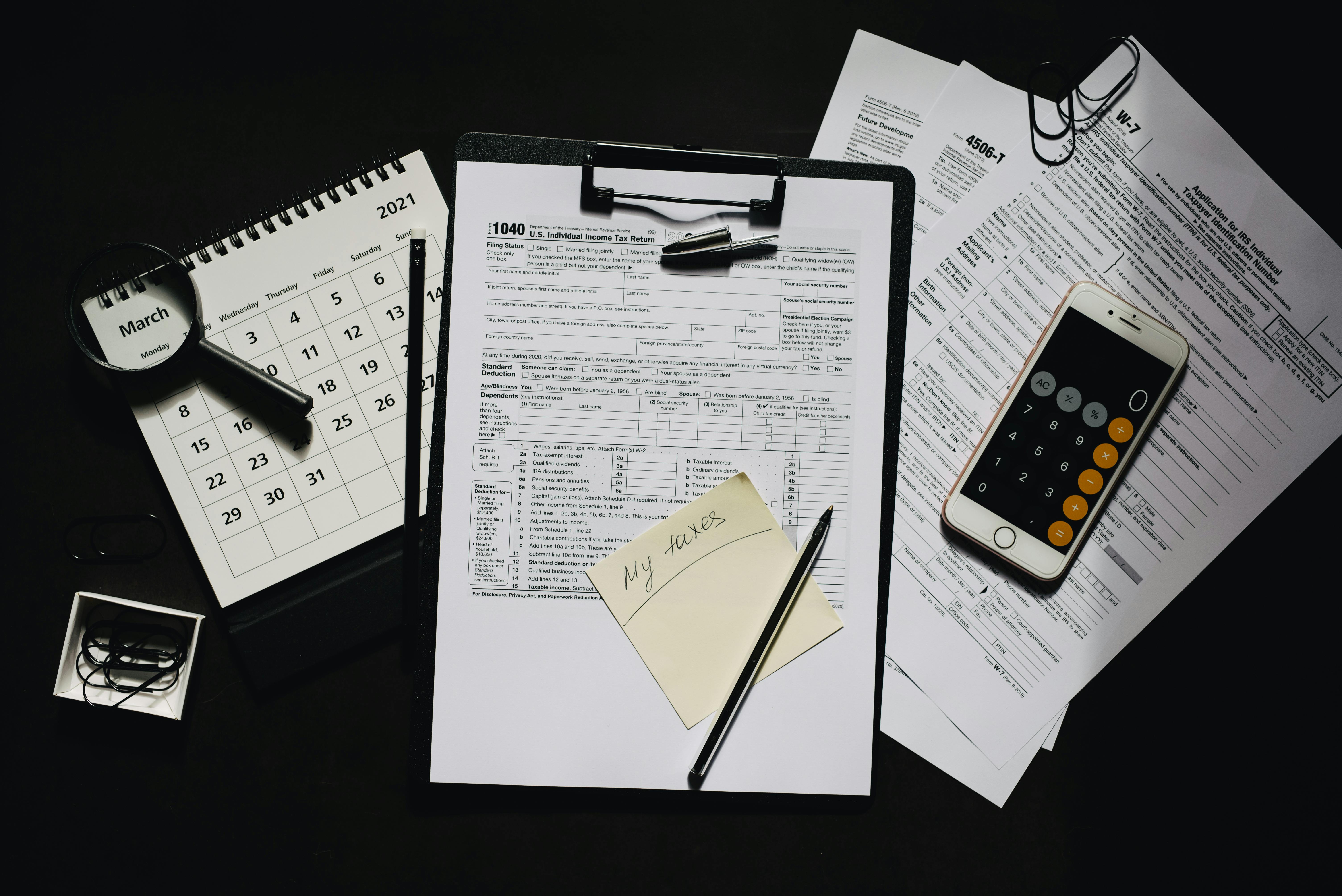
A Guide to CSRD Assurance and Auditing
Understanding CSRD assurance
The Corporate Sustainability Reporting Directive (CSRD) introduces robust assurance and auditing requirements to ensure the reliability of sustainability disclosures. As Irish businesses align with CSRD, independent verification of ESG reports becomes a cornerstone of compliance and transparency.
What is CSRD assurance?
CSRD assurance refers to the independent verification of sustainability reports to confirm their accuracy and compliance with regulatory standards. It builds on the principles of financial auditing but focuses on ESG metrics, requiring organisations to:
-
Demonstrate data accuracy and consistency
-
Align reporting with the European Sustainability Reporting Standards (ESRS)
-
Ensure traceability of sustainability-related disclosures
Why is CSRD auditing relevant to Irish businesses?
Auditing under CSRD is mandatory for businesses subject to the directive. In Ireland, this impacts large companies, listed SMEs, and other organisations with significant EU operations. Assurance requirements are designed to:
-
Enhance stakeholder confidence in ESG data
-
Provide a level playing field for sustainability reporting
-
Support businesses in identifying and mitigating risks
The importance of CSRD assurance for Irish businesses
Auditing ESG disclosures is not just about regulatory compliance; it’s a strategic investment in building credibility and trust.
Enhancing data integrity
Independent assurance ensures that ESG data is accurate, complete, and free from bias. Verified reports demonstrate a company’s commitment to transparency and accountability.
Strengthening investor confidence
Investors increasingly rely on ESG data to guide their decisions. Assured reports signal reliability, making businesses more attractive for green financing and sustainable investment opportunities.
Mitigating reputational risks
Inaccurate or misleading sustainability disclosures can lead to reputational damage and regulatory penalties. Assurance safeguards businesses against such risks by validating the authenticity of their reports.
Steps to prepare for CSRD assurance and auditing
To meet assurance requirements, Irish businesses should adopt a proactive approach.
Conduct a pre-assurance review
Evaluate current ESG reporting practices to identify gaps. Focus on areas like data collection processes, reporting frameworks, and alignment with ESRS.
Implement a Double Materiality Assessment (DMA)
A Double Materiality Assessment helps businesses understand both their impact on sustainability and how sustainability issues affect their operations. This assessment ensures that material topics are adequately addressed in reports.
Strengthen data management systems
Robust data management systems are essential for traceability and accuracy. Leverage technology to streamline data collection, analysis, and reporting processes.
Partner with accredited assurance providers
Engage with independent assurance providers accredited to perform CSRD audits. Early collaboration ensures a smoother verification process and timely compliance.
The impact of CSRD assurance on Irish SMEs
While large companies are the initial focus, assurance requirements will eventually extend to SMEs. Preparing now ensures a smoother transition.
Challenges for SMEs
-
Limited expertise in ESG data collection and reporting
-
Financial constraints for hiring assurance providers
Support for SMEs
Irish SMEs can access government grants and sustainability consultancy services to navigate assurance requirements. For example, Enterprise Ireland offers resources to support green transformation initiatives.
Future trends in CSRD assurance
The landscape of sustainability assurance is evolving rapidly. Key trends include:
-
Integration of Technology: AI and blockchain are being leveraged to enhance data accuracy and traceability.
-
Scope 3 Emissions Assurance: Businesses will increasingly focus on auditing indirect emissions for comprehensive sustainability reporting.
-
Enhanced Stakeholder Involvement: Stakeholders will demand greater transparency and verification of ESG commitments.
Key takeaways for Irish businesses
-
Start Early: Prepare now for assurance requirements to avoid last-minute compliance challenges.
-
Invest in Expertise: Collaborate with experienced assurance providers and consultants.
-
Focus on Accuracy: Build robust systems to ensure ESG data is traceable and reliable.
Frequently Asked Questions (FAQs)
The landscape of sustainability assurance is evolving rapidly. Key trends include:
What is the role of assurance in CSRD compliance?
Assurance validates the accuracy of ESG reports, ensuring alignment with regulatory standards and building stakeholder trust.
Who can perform CSRD assurance?
CSRD assurance must be conducted by accredited independent providers with expertise in ESG auditing.
Who can perform CSRD assurance?
Businesses can optimise costs by investing in efficient data management systems, engaging consultants early, and leveraging government support programs.
Conclusion
CSRD assurance and auditing represent a critical step toward reliable and transparent sustainability reporting for Irish businesses. Beyond compliance, verified ESG disclosures offer a pathway to building trust, attracting investment, and leading in the sustainability landscape.
For expert guidance on CSRD assurance, contact Future Planet today by emailing eva@futureplanet.com.
How can Future Planet help?
Future Planet is the platform that accelerates your ESG performance. From Double Materiality Assessments to CSRD, to carbon accounting and transition planning, we accelerate impact and compliance.


